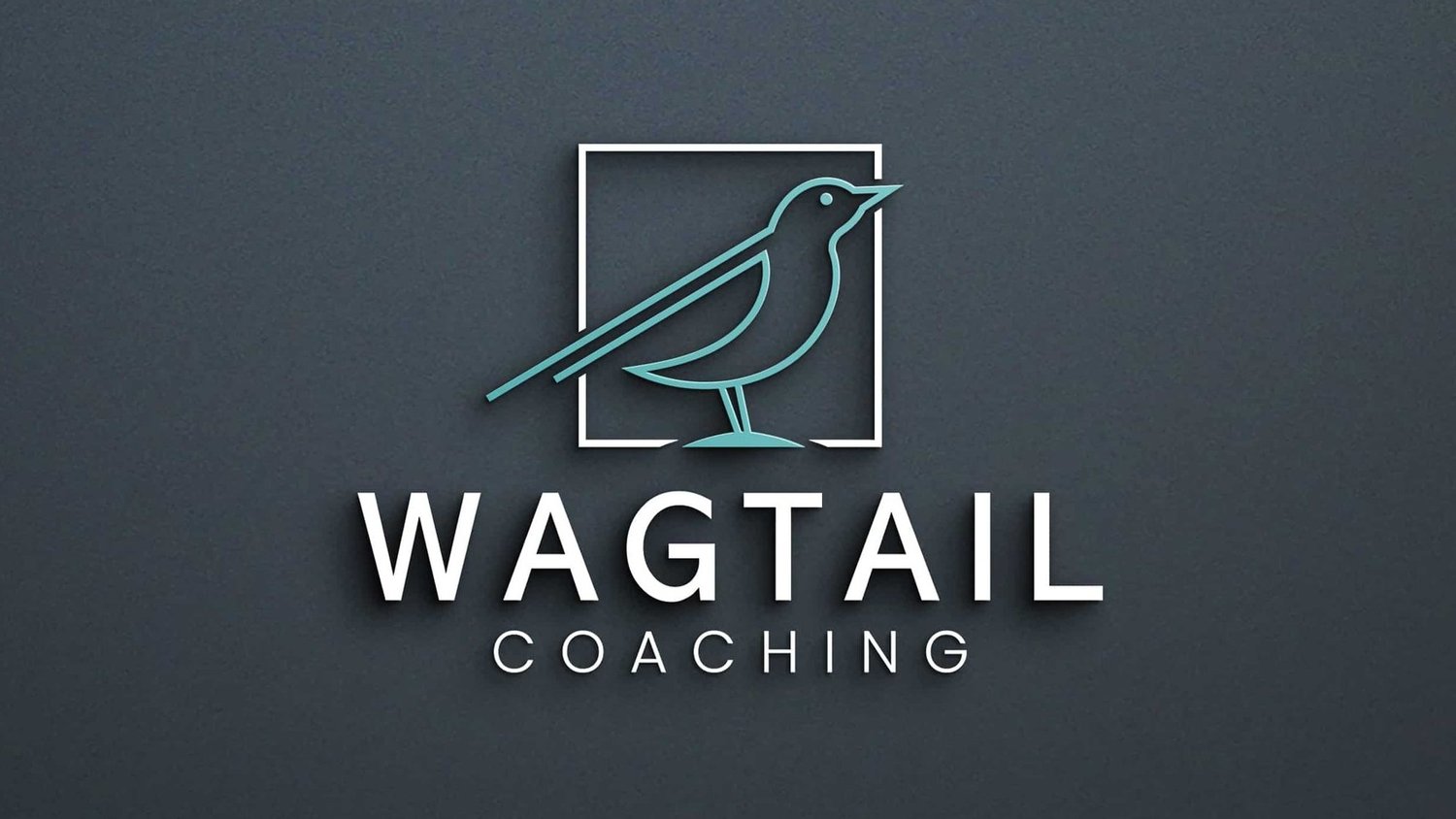Career Coaching: Finding Your Way Forward
You know that feeling. It’s Tuesday afternoon, and you’re staring at your screen wondering, “Is this really it? Is this what I’m meant to be doing for the next twenty years?”
If you’ve had that thought, you’re not alone. I hear it from people at all stages:
age 28 and wondering if you chose the wrong path.
age 38 and feeling invisible, despite years of hard work.
age 48 and suddenly questioning everything you thought you wanted in life.
Career uncertainty doesn’t care about age or experience. And feeling stuck doesn’t mean you are stuck. It usually means you’re ready for something different, something that fits who you are now, not just who you were when you started out.
Why people come to career coaching
Everyone’s story is different, but I often hear things like:
“I’m good at my job, but it doesn’t excite me anymore - I’m bored.”
“I’m torn between staying safe and sensible, and taking a risk and trying a career change.”
“Work is affecting my confidence — I don’t feel like myself.”
“I’ve not worked for 2 years since being made redundant - I don’t know where to begin “
Career Coaching won’t give you a ready-made plan. What it will do is help you work out what matters most — your values, strengths, ambitions — and what’s getting in the way.
When work feels flat
Career plateaus are sneaky. They don’t show up overnight. They creep in slowly: projects that used to excite you now feel repetitive, Monday dread becomes more familiar, and the spark you once had for your work fades.
Sometimes it’s about being in the same role too long. Sometimes it’s about getting the promotion you thought you wanted and then realising, “Now what?” Success can feel surprisingly hollow if it’s not aligned with your sense of purpose.
But here’s the good news: plateaus aren’t permanent. They’re signposts. They’re nudging you to stop, take stock and consider your next move.
Rediscovering your strengths
Over time, we often forget what makes us stand out. We get caught up in job descriptions and targets, and lose sight of our natural talents, the things that feel easy to us but make a big difference to others.
Think back:
When have colleagues come to you for help?
What problems have you solved that others struggled with?
When have you felt energised, rather than drained?
These moments aren’t accidents. They’re clues. Often, the strengths we overlook in ourselves are the ones others value most.
The confidence wobble
Almost everyone thinking about change has moments of doubt. The little voice says, “Who am I to think I can do something different?” or “What if I’m not as good as I think I am?”. Imposter syndrome is knocking.
And that’s normal. Confidence doesn’t mean having no doubts — it means moving forward anyway. Real confidence grows from action: trying something new, testing your strengths in different ways, building small wins.
Start small. Volunteer for a project that stretches you. Offer support on something you’re curious about. Each step builds evidence that you’re capable — and helps you test out new directions without huge risk.
Exploring what’s next
Career change doesn’t have to be a dramatic leap. It can be small steps, curiosity, conversations.
Notice what industries or roles spark your interest.
Reach out to people whose work intrigues you. Ask about their day-to-day reality.
Think about timing. Big changes can be phased, especially if you have responsibilities to balance.
Exploration can take months or even longer, and that’s okay. Slow and steady often makes change more sustainable.
Try this: The Energy Audit
For the next week, keep a note of what gives you energy and what drains it. Every few hours, jot down:
What you were doing
How energised you felt (1–10)
Whether it played to your natural strengths
At the end of the week, look for patterns. The activities where you feel both energised and competent? Those are golden clues.
What career coaching actually looks like
People often ask, “So what happens in a coaching session?”
Here’s what you can expect:
A space to think out loud, without judgement.
Questions that help you cut through the fog.
Room to test ideas and explore possibilities.
Steps forward that you choose — whether that’s big decisions or small but powerful shifts.
Sometimes the change is huge: a new role, a new industry, a whole new path. Sometimes it’s smaller: clearer boundaries, a braver conversation, or rediscovering what you already love. Both matter.
Why now?
So many people are rethinking work right now. The pace, the pressure, blurred lines between home and office — it’s left us asking deeper questions about meaning and sustainability.
Coaching doesn’t give you the answer. It helps you find your answer, and move forward with more clarity and confidence.
Over to you
If something here resonates, maybe it’s time to stop pushing those questions aside. You don’t need to have it all figured out before you start. Coaching is for thoughtful, capable people just like you — ready to take the next step, even if you don’t yet know what that step is.
If you’d like to explore whether career coaching is right for you, let’s start with a free chemistry call. No pressure, just a conversation. Get in touch here.

